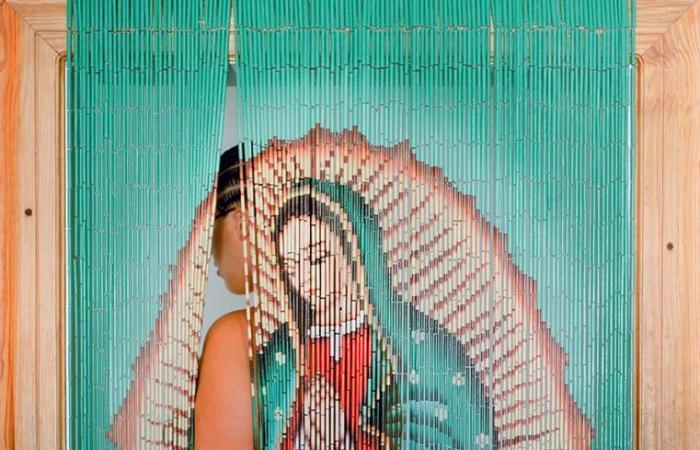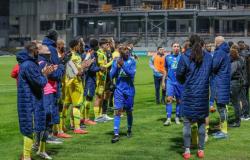The Talent Exchange, a committed look at our world
“Our desire is to encourage aesthetic and technical innovation, but above all to support creation linked to today’s world”says Gilles Pécout. Among the four photographic prizes presented during this exhibition, the Talent Exchange, initiated by Didier de Faÿs with the support of Picto Foundation, rewards three artists with committed approaches. After living eight years on the Komodo archipelago, in Indonesia, for a humanitarian mission on issues related to fishing, Guillaume Holzer returned there to direct Nomadic territory. “Having spent so much time on fish issues, I had almost forgotten to take an interest in human issues. Many of the fishermen are stateless. They don't have identity cards. For the State, they do not exist”says the photographer. The portraits of anonymous people echo their situation on unique prints, made with bichromated gum. Hassan Kurbanbaev takes us to his country, Uzbekistan, where for several years he met the local communities who populate his land. “ He creates both portraits and landscapes in color that show how Uzbekistan today is trying to assert an identity far from Russia and other more Western influences. », explains Héloïse Conésa, curator of the exhibition. His images infuse iconographic references from the cinema of Khudaibergen Devanov (1879-1940), an Uzbek photographer and director.
Photography at all costs ends with the visual narration of the Franco-Dominican artist Karla Hiraldo Voleau. “Upon the announcement of the annulment of the constitutional decree Roe v. Wade (who, since 1973, established the legal framework for access to abortion in the United States, editor's note), I was furious”supports the photographer. Not being American, she decides to talk about the voluntary termination of pregnancy on her island, which is illegal in all circumstances, “even when the pregnancy results from rape or when it endangers the life of the mother”she adds. The artist went to meet 30 women who had had a clandestine abortion. Together, they composed Double standardsa dialogue between written testimonies and collaborative images. “We took portraits that I call “solidarity”, because I invited them to take the photo themselves using a flexible shutter release, when they felt ready. I generally fit in”explains Karla Hiraldo Voleau. On the walls of the BnF, the looks and postures of these women, sometimes anonymous, sometimes assertive, but always proud, remind us that no right is acquired and that women continue their fight across the planet to be able to have of their body. This series also won the first edition of the SAIF Talent Exchange prize, dedicated to the development of a documentary project.






